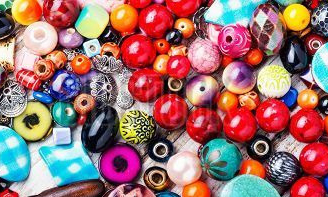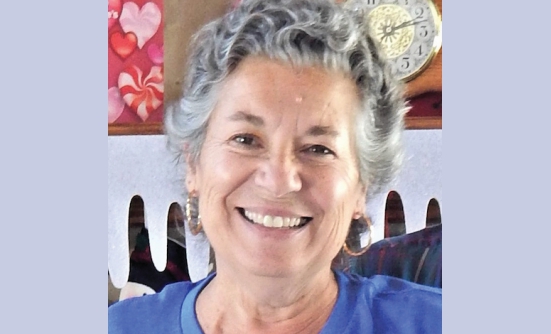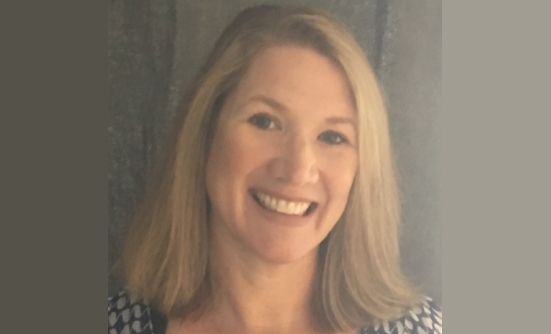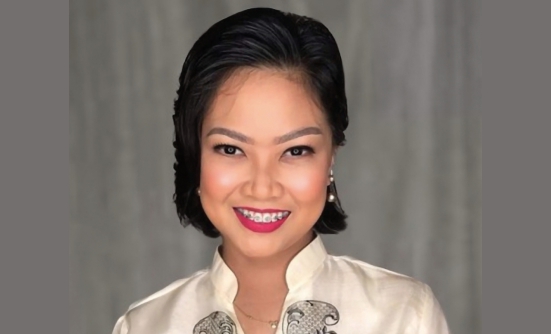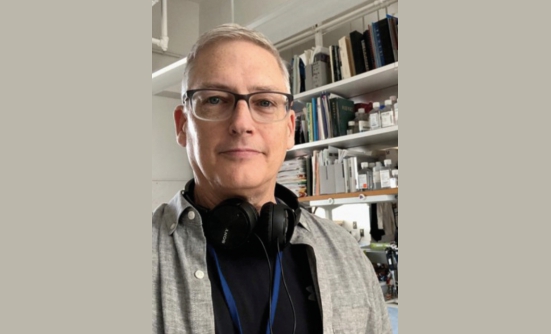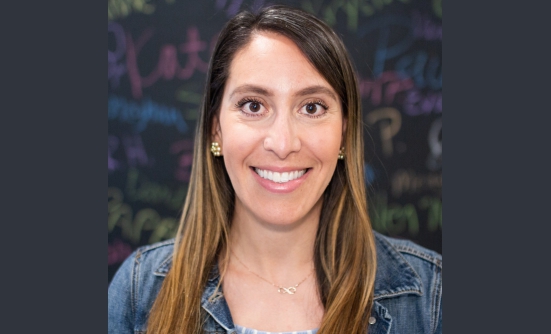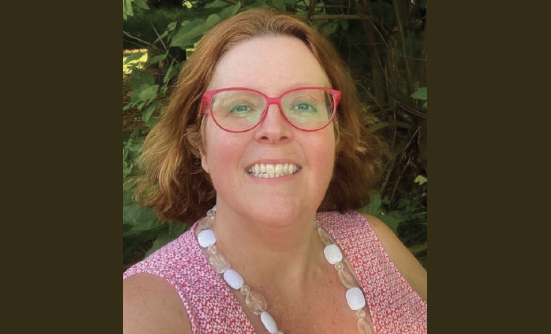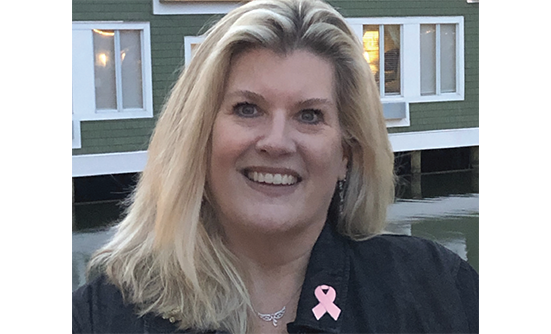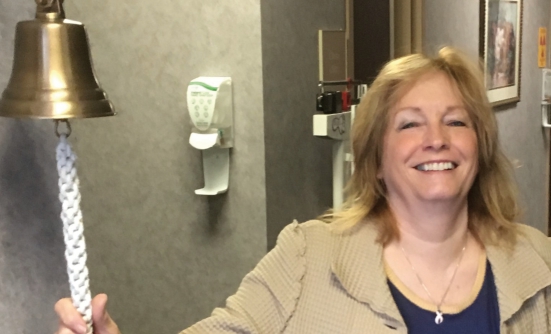More than a decade ago, I was diagnosed with breast cancer. I was 38 years old, and it took 3 different workups over a span of 2 years to finally diagnose my cancer. Needless to say, if my cancer had been diagnosed when I first went to the doctor at age 36, my prognosis would have been better. Nevertheless, I survived.
At the time, efforts to support survivors were rudimentary to nonexistent. The many treatments were harsh and made my body age decades ahead of its time. Despite having a wonderful husband, there was little rest for me at home with 3 small children who needed constant help and attention from both of us. As a rehabilitation physician, I knew how to heal myself, but it wasn’t easy doing this on my own. Over time, as I resumed my regular activities, I began to talk to my healthcare colleagues about the need to improve access to and delivery of cancer rehabilitation services, which is a major focus of my career now.
I also talked to survivors and shared my story, trying to support and encourage them. I was often asked, “What helped you to get through?” This is not an easy question to answer; after all, there were many things that helped me. But, there were some things that truly stood out: words people said, deeds they did, and support they offered. However, what helped me isn’t necessarily what will help others. Many aspects of my experience were unique to my family, my work environment, and so on.
I thought a lot about this question and decided that it was such an important issue that it would be good to survey survivors and have them share their thoughts with others. I teamed up with the American Cancer Society and published the results of that survey in the book below. It is the book I wish I had on my nightstand as I was going through treatment—an infusion of hope.
Nurturing Yourself Takes Time and Effort but is Well Worth it
One of the things I shared in the book was how survivors nurtured themselves. One man went on a 12-day cruise to the North Sea. Another man said that he got on his bike and rode “long and hard.” One woman shopped “a lot,” and another got a dog that made her smile when she was feeling especially down.
Women weren’t the only ones who engaged in “retail therapy.” Jerry, a computer software instructor from Minnesota, reported that he bought something that he “absolutely could not afford,” a pool table. Jerry explained that the pool table was a lifelong dream, and it became “kind of a rallying point for my entire family as being in the ‘anger-free zone.’” On reflection, he said, “This was the best money I ever spent!”
Of the many wonderful suggestions regarding self-nurturing that survivors shared, one stood out. It came from a woman who was diagnosed with pancreatic cancer, a very challenging disease. Her way of nurturing herself was to create a beaded necklace. She added a bead for every significant event she experienced after her diagnosis. Over time, the necklace grew longer and longer and became a symbol for a life well-lived, despite the cancer.
The main goal is to record the meaningful events in your life and to remind yourself to live well no matter what is happening. Not every day will be good, and there will likely be times that you don’t want to celebrate life. However, when you are up to it, think about how you want to spend your time. And, when someone says, “Let me know how I can help,” have a ready answer, such as, “As a matter of fact, if you are up for it, I’d love to go for a walk— would you like to join me?”
You don’t need other people to be part of every bead, a journal entry, or whatever else you choose; there are likely things that you have thought about doing but just haven’t made the time for them. Add a few beads or journal entries that are completely within your control, by taking some time over the next few weeks to do some of those things. They can be simple—the key is to take time to do things that are meaningful to you, that make you smile and feel good, or just help you to be at peace.
This column is written for survivors and their loved ones who are seeking information and inspiration, an infusion of hope. If you are a cancer survivor or a friend or family member, I invite you to share your thoughts and experiences at www.conquer-magazine.com/submit-an-article. In future columns I will highlight some comments from that survey. This is also an opportunity to “pay it forward” and help other cancer survivors. We would love to hear from you; your thoughts and experiences are important!
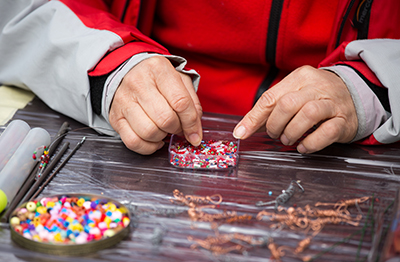
Creating Your Beaded Necklace
Consider creating your own beaded necklace. Watching it grow will help to remind you to take some time to focus on what is meaningful to you. Here are some tips to get started:
1. Go to a craft store and get string, multicolored beads, and an empty journal. If you aren’t feeling up to this, ask one of your well-wishers to do it for you.
2. For every meaningful event, add a bead, and then write what happened, and when, in your journal. For example:
“January 25, 2015; I met Louise Smith, an old friend from college whom I haven’t seen in years, for coffee.”
“February 1, 2015; Sheila, a colleague from work, asked how she could help me, and I said that I have always wanted to go to the art museum: we went today, and it was lovely!”
“February 14, 2015; Valentine’s Day—my husband and I went to dinner at our favorite restaurant.”
“February 20, 2015; I saw my doctor, and instead of going straight back home, I walked to the book store and bought myself a new book and read it on a bench. It was a peaceful respite that helped me relax.”
3. If you are feeling really creative, you can separate the beads into zip lock plastic bags with labels, such as “important holidays,” “an outing with a friend,” or “something I’ve always wanted to do”; however, you don’t need to separate the beads.





